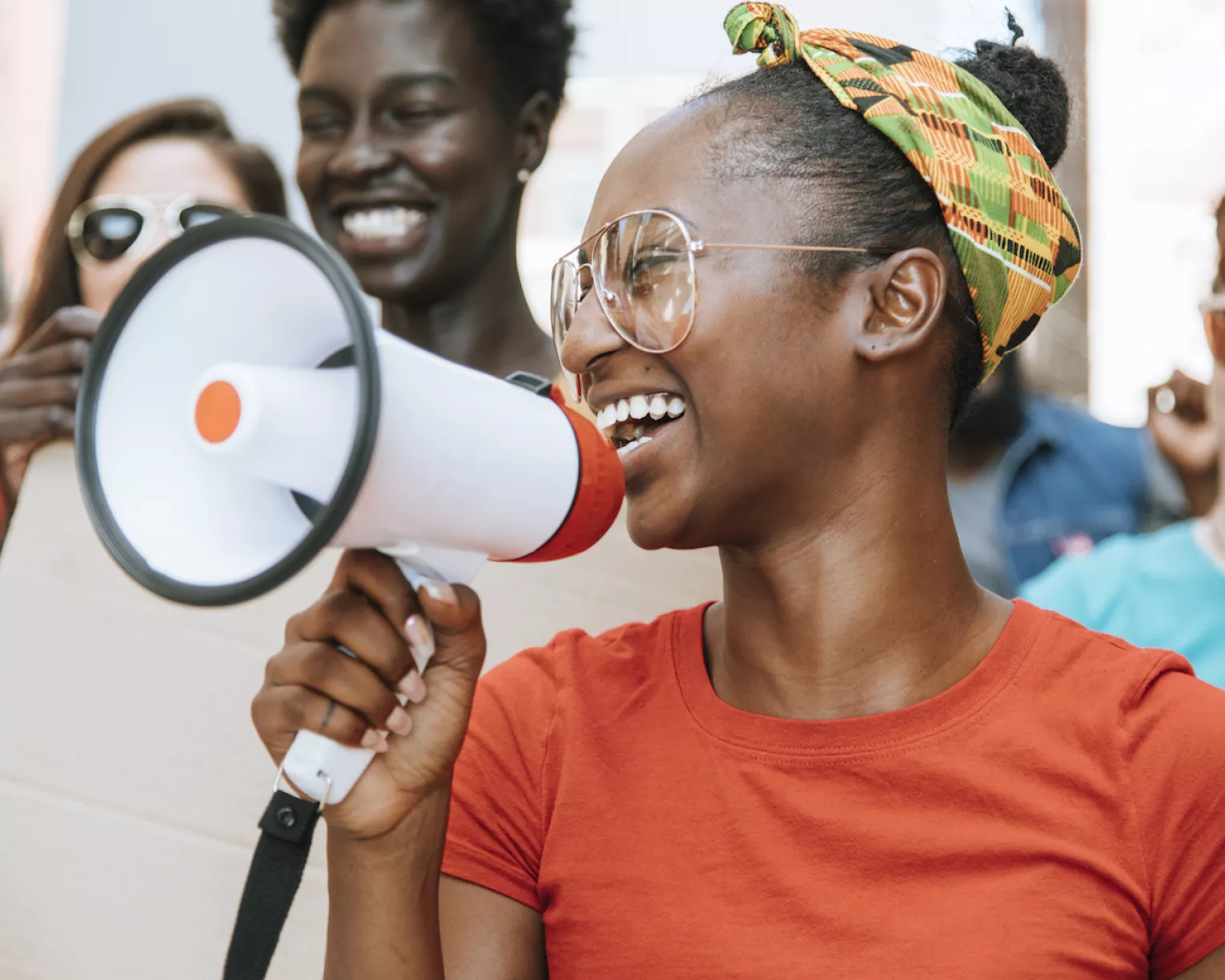Dear President Biden,
Our nation is based on a promise that every single person – Black, Latino, Asian, Indigenous or white – can pursue a better tomorrow. The National Education Association, representing over three million educators, welcomes the Biden Administration's new memorandum disavowing hate against the Asian American community and urges the Administration to use every tool at its disposal to address rising hate crimes. Since the start of the COVID-19 pandemic, thousands of Asian Americans have reported acts of hate and violence, and the vast majority live in a climate of fear.
The recent incidents of hate crimes against Asian Americans are not new. The increase in anti-Asian racism and discrimination hurts students, families, and communities across the country. Violence against our AAPI communities, especially our elders, is driven by anti-Asian discrimination that has a long-standing history in this country. This trend of targeted hate against our friends, families, and community leaders have turned even deadlier over the past year. We are especially troubled by the recent crimes against Asian Americans that are leaving many people to feel fearful once again. USC’s Race and Equity Center state that “in the last week, Asian Americans in the Bay Area alone have been victims of 20+ acts of assault or robbery.” Additionally, according to a report by Stop AAPI Hate, 1 in 4 Asian American youth are experiencing racist bullying.
The pandemic has deeply affected the AAPI community in ways that are not greatly discussed. For example, the fatality rate from COVID-19 for Asians is nearly triple that of all other ethnic groups in San Francisco. Asian Americans have had a higher unemployment rate than whites and Latinos. Also, 1 in 4 AAPI youth has experienced racist bullying during this pandemic. According to Pew Research, “58% of Asian Americans say it's more common now than before COVID-19 to experience racism.”
While we recognize that the memorandum is an important first step, much more is needed for the Asian American community to enjoy the equal rights and access to opportunities that it deserves. We support the memorandum’s direction for the Department of Health and Human Services (DHHS) and the COVID-19 health equity task force to issue guidance on cultural competency and language access. We further support the direction for the Department of Justice (DOJ) to engage with the AAPI community on issues related to hate crimes, hate incidents, and harassment, including ensuring that data is collected in a robust manner.
When our livelihoods, our safety, and our security are threatened, we must stand with and for each other to ensure that our leaders:
Uphold the Executive Orders and Presidential memos seeking justice for AAPIs.
Support Federal, state and local engagement with AAPI communities to promote community-driven solutions that will center the safety and well-being of AAPI, Black, brown and Indigenous communities.
Coordinate with elected state officials, specifically Governors, to ensure that states are creating mitigation plans and are appropriately handling the disproportionate rate of hate crimes against the AAPI community.
Direct the DOJ to not only engage the Asian American community but also to investigate and initiate civil action and to fully fund outreach and education initiatives.
While some may try to divide us, we know no matter who we are, what we look like or who we love, we are stronger when we stand with and for each other. This approach recognizes that in order to effectively address anti-Asian racism, we must work to end all forms of structural racism leveled at Black, brown and Indigenous communities.
All of us are safer when we address hate and bias, and recognize how when we work across racial differences we are stronger. The contributions of Asian American and Pacific Islander people to our culture and economy are vast. We urge the Administration to lift up, support and protect the AAPI community.
Sincerely,
Rebecca S. Pringle
President, National Education Association

